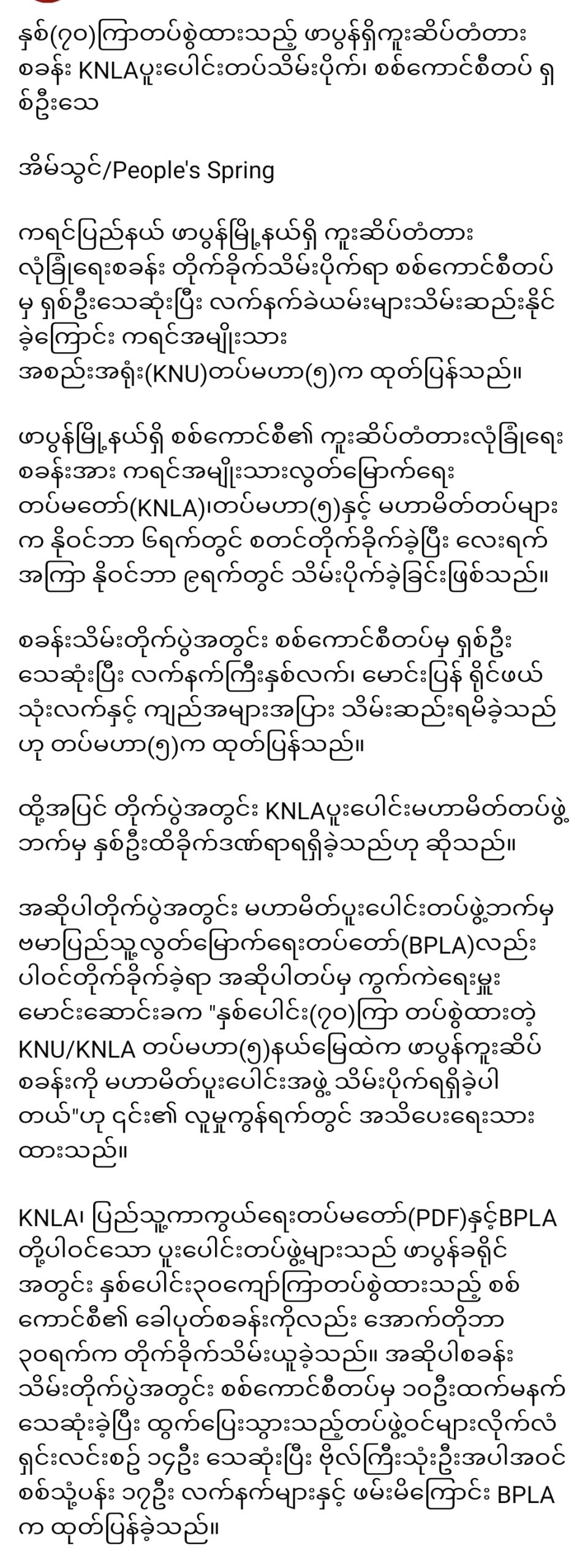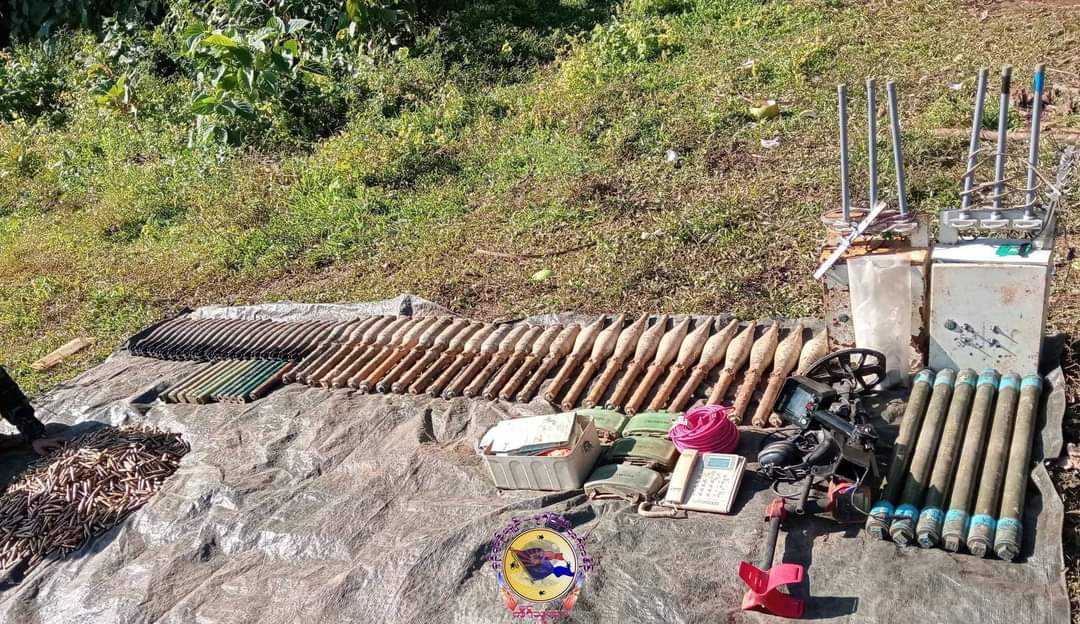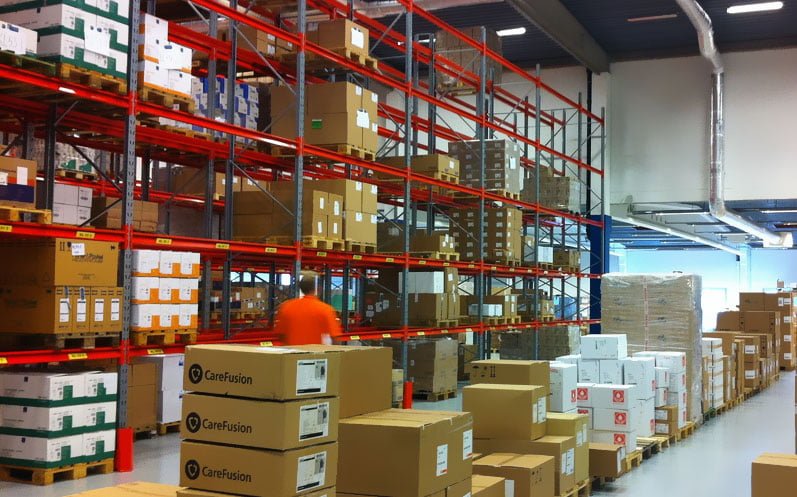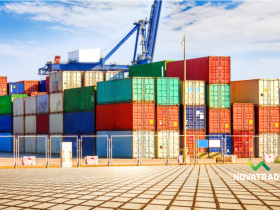
Product distribution companies in Honduras
Honduras, a country in Central America, has a developing economy and plays a significant role in the regional distribution landscape. Honduran distribution companies facilitate the movement of both local and imported goods, such as agricultural products, electronics, and consumer goods, throughout the country and across neighboring markets in Central America. Here’s an overview of key types of distribution companies in Honduras, major sectors, challenges they face, and their economic impact.
1. Types of Distribution Companies
a. Agricultural Distribution Companies
As Honduras is one of the world’s largest exporters of bananas and coffee, agricultural distribution companies are critical. These companies, such as the Standard Fruit Company of Honduras (a subsidiary of Dole), handle the transportation and export of bananas, pineapples, and coffee beans. Other smaller distributors also handle niche agricultural products like melons, shrimp, and tobacco.
b. Consumer Goods and Retail Distribution
Companies like Diunsa and La Colonia are major players in the distribution of consumer goods. Diunsa is a prominent retailer that imports and distributes electronics, household items, and clothing. La Colonia is a grocery chain that distributes a wide array of food and household items. Both have large distribution networks and established supply chains to ensure product availability across the country.
c. Pharmaceutical and Health Product Distributors
Distributing pharmaceuticals and health products is another vital sector. Honduran companies such as Droguería PROCON handle the import, storage, and distribution of medicines and medical supplies, ensuring health centers and pharmacies across Honduras are stocked with essential drugs and health-related items.
d. Technology and Electronics Distributors
With the rise in demand for technology products, companies like Unicomer (Courts) and La Curacao distribute electronics and household appliances. These firms source products internationally and distribute them through their retail chains.
e. Food and Beverage Distribution
Companies like Cervecería Hondureña, a subsidiary of AB InBev, play a significant role in beverage distribution, handling popular brands of beer, soda, and bottled water. Additionally, local firms distribute imported and locally produced foods, including processed foods and dairy products.
2. Challenges Facing Distribution Companies
a. Infrastructure Issues
Honduras faces significant challenges in infrastructure, with many rural areas lacking quality roads. Poor infrastructure raises transportation costs and can lead to delays, particularly during the rainy season when unpaved roads are difficult to navigate. These issues impact distribution efficiency and ultimately raise the cost of goods for consumers.
b. Security Concerns
Distribution companies often contend with security risks, as Honduras has high crime rates, including cargo theft and extortion, especially in urban areas. Many companies must invest in security measures, such as armed escorts, tracking technology, and secure facilities, which add to operating costs.
c. Regulatory Hurdles
Importing goods into Honduras can involve complicated customs regulations, tariffs, and paperwork, leading to delays and increased costs. Distribution companies often have to navigate these complexities, which affects their operational efficiency.
3. Economic Impact
Distribution companies in Honduras are essential to the country’s economy, directly impacting employment and the supply of goods. They create jobs for drivers, warehouse workers, and logistics managers, contributing to income and economic stability for many Hondurans. Efficient distribution channels also enable consumers to access essential products, from food to medicines, and support small businesses by providing them with the inventory needed to operate.
Furthermore, Honduras’ strategic location makes it a potential distribution hub for Central America. Some distribution companies have expanded beyond Honduras, reaching markets in neighboring countries like Guatemala and El Salvador. This not only strengthens regional trade relationships but also positions Honduras as a critical player in the Central American logistics network.
In summary, distribution companies in Honduras cover various sectors, including agriculture, consumer goods, technology, and pharmaceuticals. Despite facing infrastructure, security, and regulatory challenges, these companies are integral to the nation’s economy, supporting jobs and contributing to the availability of essential goods across the country. With improvements in logistics and infrastructure, Honduras has the potential to expand its role as a regional distribution center.




Leave a Reply